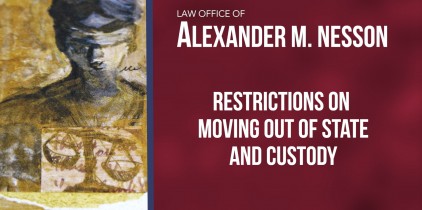Any case in Juvenile Court is a closed session, meaning only the parties in the case and sometimes the foster care provider or the grandparents if they have placement can be present and sometimes other attorneys will be present, but it is not an open to the public courtroom, like District Court or criminal cases.
You are able to go over the case workers’ report with your attorney and hear the allegations against you. You are able to respond to what the allegations are; tell the Judge what happened; you can subpoena witnesses on your own and you can cross-examine witnesses.
The Judge then decides at the end of the Hearing whether or not the department has met their burden at the temporary custody hearing. You can also request a third-party custody and a Judge can also do conditional custody; even if the child is returned to you with custody or conditional custody of the care and protection, the case remains open.
If child remains in DCF custody, DCF is responsible for the care of the child and deciding where the child lives and can also determine how often the visits are with your child and your child’s educational and medical issues. You can file an Abuse and Discretion Motions. The child and/or children will also have an attorney for the care and protection hearing and that attorney is supposed to either follow what the child’s instructions are; or if the child is not verbal or not able to tell the attorney, the attorney can substitute judgment.







